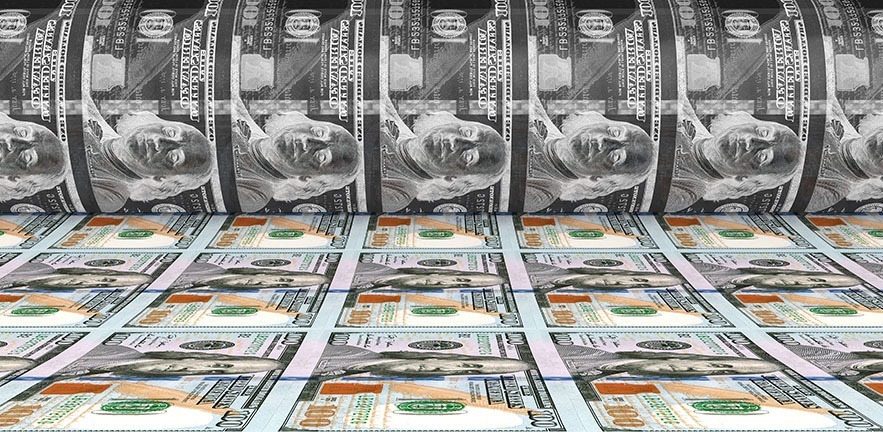The last big economic bailout in the United States was the $700 billion Troubled Asset Relief Plan (TARP) enacted during the financial crisis in 2008. That package is now dwarfed by measures adopted by governments around the world to respond to the COVID-19 (coronavirus) pandemic, including a $2.2 trillion economic recovery package in the US.

A new study about TARP and insider trading co-authored by Alan Jagolinzer, Professor of Financial Accounting at Cambridge Judge Business School, has taken on added relevance owing to the COVID-19 bailout plans.
The study “Political connections and the informativeness of insider trades” was published 20 March 2020 in the Journal of Finance.
Last month, the Chairman of the US Securities and Exchange Commission, Jay Clayton, said that companies that are in discussions about coronavirus bailout funds should disclose such “sensitive information” to investors. “I encourage companies to disclose where they stand and limit speculation,” he said in an interview on CNBC.
A few days later, a statement issued by Jay Clayton and William Hinman, Director of the SEC’s Division of Corporation Finance, called on companies to “provide as much information as is practicable regarding their current operating status and their future operating plans under various COVID-19-related mitigation conditions.
“Companies and financial institutions may be receiving financial assistance under the CARES (Coronavirus Aid, Relief and Economic Security) Act or other similar COVID-19 related federal and state programs,” the statement said. “If these or other types of financial assistance have materially affected, or are reasonably likely to have a material future effect upon, financial condition or results of operations, the affected companies should provide disclosure of the nature, amounts and effects of such assistance.”
Professor Jagolinzer, who is Director of the Centre for Financial Reporting & Accountability at Cambridge Judge, said he hopes regulators learned lessons from TARP in communicating with potential recipients and intermediary banks in relation to the coronavirus bailout funds.
“The evidence we found from TARP shows that some well-connected insiders seemed able to exploit information about TARP fund distributions with well-timed trades,” Alan said. “This suggests that regulators should ensure immediate disclosure about recipients, timing, and magnitude of funds distributions, and carefully monitor insiders’ trades around these events. This can enhance market integrity during this turbulent period and stem a repeat of what we observed during the last bailout.”
The study in the Journal of Finance looked at trades by corporate insiders before and after TARP was enacted, and found “strong evidence of a relation between political connections and informed trading” during the period when TARP funds were disbursed, and strongest among recipients of those funds.
“Our results suggest that politically connected insiders had a significant information advantage during the crisis and opportunistically timed their trades to exploit this advantage,” said the study.
The research looked at trades by 7,301 corporate officers and directors at 497 publicly traded, TARP-eligible financial institutions between 2005 and 2011. There was no evidence that such trades had any influence on market performance in the 24 months leading up to the crisis, but over the nine months after the creation of TARP “we find that the predictive ability of insider trades for future performance is greater than during any other period in our sample”. There was such predictive ability for both positive and negative future performance.
“Consistent with the sharp increase in the informativeness of insider trades relating to private information gleaned from political connections, we find that the increase is concentrated almost entirely in the trades of politically connected insiders”, says the study, which looked at whether a board member had worked at the Federal Reserve, bank regulator, the Treasury or Congress.
The study is co-authored by Professor Alan D. Jagolinzer of Cambridge Judge Business School, Professor David F. Larcker of Stanford University Graduate School of Business, Dr Gaizka Ormazabal of IESE Business School at the University of Navarra in Spain, and Professor Daniel J. Taylor of the Wharton School at the University of Pennsylvania.


